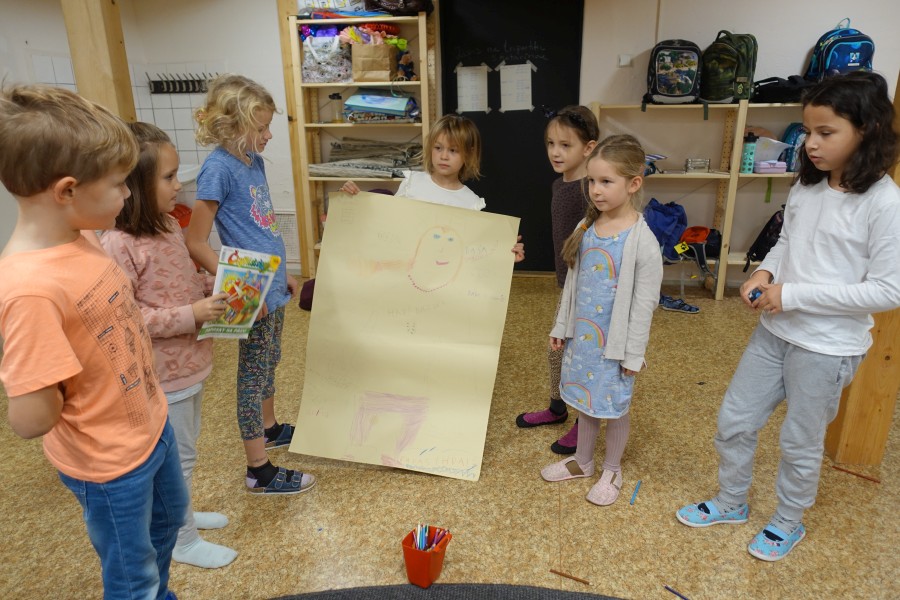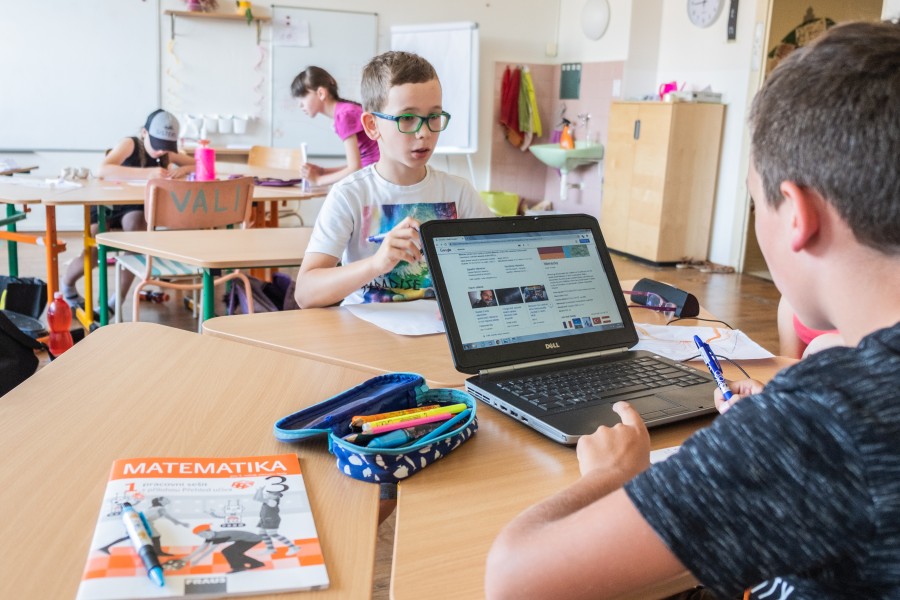
Mixing of different age groups of pupils in the primary school
The project explores the differences between first grade students who are educated in mixed age groups and those who are educated in age-separated groups.
It uses a questionnaire survey, in-depth interviews and experimental methods.
The output of the project will be a research report provided to research subscribers and offered on the web for knowledge transfer.
The use of computer games in the development of competences in schools
The project maps the didactic potential of current computer games in the field of competence development in primary school students.
Within the project, we are piloting and then evaluating the use of these games in education.
The output will be methodological recommendations for teachers, provided to research subscribers and offered on the web for knowledge transfer.


Choosing a career orientation based on virtual reality eye camera data
Project No. FW03010082, supported by the Technology Agency of the Czech Republic
The project investigates ways of measuring learning self-regulation in secondary school children using a hybrid tool combining virtual reality technology with a classical computer game.
The aim of the project is to create a modern method of career guidance.
We are carrying out parts of the research for the company www.scio.cz, s.r.o., which is one of the participants in the project.